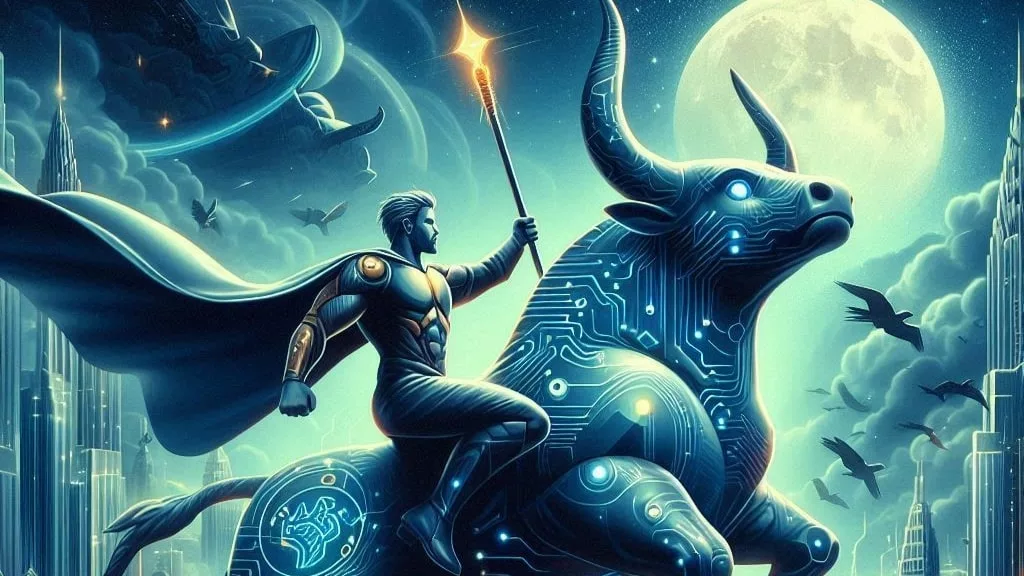
Introduction
The European Commission has been notified by tech powerhouses including Google, Amazon, Apple, Meta Platforms (formerly Facebook), and Microsoft that they meet the requirements to be classified as gatekeepers under the Digital Markets Act (DMA). This landmark development carries significant implications for these companies and the regulatory landscape they operate in. In this article, we delve into the details of gatekeeper status, explore the consequences for the recognized tech giants, and discuss the broader implications for the future of the digital economy.
Gatekeeper Status Defined under the Digital Markets Act (DMA)
The Digital Markets Act (DMA), introduced in November, establishes specific criteria to identify gatekeepers among tech companies operating within the European Union. According to EU industry chief Thierry Breton, a company qualifies as a gatekeeper if it has more than 45 million monthly active users and a market capitalization exceeding 75 billion euros. Meeting these thresholds designates a company as a provider of core platform services, resulting in increased regulatory scrutiny and obligations.
Tech Titans Secure Gatekeeper Status
Prominent tech giants, Google, Amazon, Apple, Meta Platforms, and Microsoft, have officially informed the European Commission of their gatekeeper status under the DMA. These companies boast substantial user bases and market capitalizations, positioning them as influential players in the digital ecosystem. Their acknowledgment as gatekeepers holds significant ramifications for their operations and strategies, as they will face heightened regulatory oversight and additional obligations to foster fair competition, protect consumers, and support a level playing field for smaller businesses.
Implications of Gatekeeper Status
Being classified as gatekeepers subjects these tech giants to a range of regulatory obligations outlined by the DMA. Gatekeepers must comply with rules aimed at promoting fair competition, consumer protection, and preventing anti-competitive practices. They are required to provide access to certain data and functionalities to facilitate innovation and ensure fair market dynamics. Gatekeeper status will inevitably impact the strategic decisions, business models, and growth prospects of these companies, as they navigate the new regulatory landscape.
Expanding the Roster of Gatekeepers
In addition to the aforementioned tech titans, Samsung and ByteDance, the parent company of the popular social media platform TikTok, have also declared their eligibility as gatekeepers under the DMA. Samsung, a renowned player in the electronics industry, and ByteDance, driving the global popularity of TikTok, meet the specified thresholds for gatekeeper status. The inclusion of these diverse industry players highlights the DMA’s far-reaching impact across various sectors of the digital economy.
Navigating the Evolving Regulatory Landscape
As the regulatory landscape surrounding tech companies continues to evolve, it becomes paramount for gatekeepers and industry participants to stay abreast of new developments. Compliance with the DMA’s requirements and obligations will be critical in maintaining a favorable business environment within the European Union. Tech companies must proactively engage with regulators, adapt their practices to meet regulatory standards, and foster transparency to ensure sustained growth and success in the European market.
Shaping the Future of the Digital Economy
The recognition of gatekeeper status for these tech giants signifies a significant step in reshaping the digital economy. The DMA aims to promote fair competition, protect consumers, and foster innovation within the EU’s digital market. By subjecting gatekeepers to increased oversight, the legislation strives to create a level playing field that encourages competition and prevents monopolistic behavior. The outcomes of this regulatory framework will have implications not only for gatekeepers but also for startups, small businesses, and consumers across the European Union.
Conclusion
The acknowledgment of gatekeeper status by tech giants such as Google, Amazon, Apple, Meta Platforms, and Microsoft under the Digital Markets Act (DMA) ushers in a new era of regulation for the digital economy in the European Union. As gatekeepers, these companies will face enhanced scrutiny and obligations to ensure fair competition, consumer protection, and access to innovation. The expansion of the gatekeeper roster to include Samsung and ByteDance further underscores the broad-ranging impact of the DMA. Navigating the evolving regulatory landscape will be crucial for these tech giants as they shape the future of the digital economy within the European Union.

Get the latest Crypto & Blockchain News in your inbox.